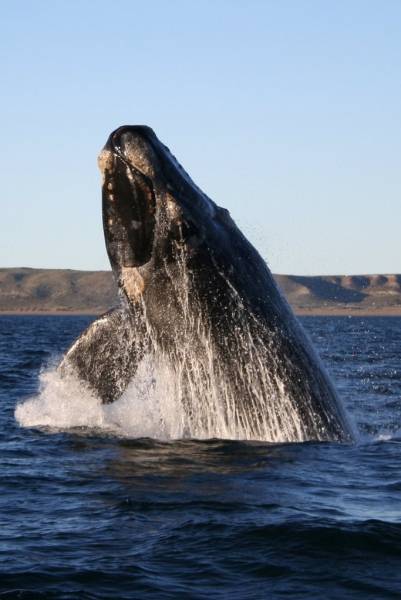 Close Topic Options
Close Topic OptionsWhale Research
Whale Research - Sciences, Education, Art, Writing, UFO - Posted: 27th Mar, 2018 - 6:09pm
Whale Research
Record Birthing Season For Right Whales
Caring For Pets / News
North Atlantic right whales, among the most endangered in the world, had a record birthing season.
Source: Boston Weather, Breaking News and Sports from WBZ-TV
Image from Wikimedia public domain.

Whale Research (Hover)
Whale Research UFO & Writing Art Education Sciences
'Whale breath' reveals bacteria threatening endangered killer whales
Droplets and exhaled breath caught from the blowholes of killer whales along the Pacific coast are providing scientists with insights into whale health and revealing bacteria and fungi that may be a threat to the mammals. Ref. Source 9x.
Research Whale
Do they listen to themselves. The numbers have dropped due to many factors. One of those factors is less food. If there is less food the species is not going to grow back up to the numbers it once had due to less food. The numbers of a species is in direct ratio as to the food they eat. The less food the lower the numbers the greater the food the the higher the numbers goes. This is simple supply and demand.
Whale Research
Feces from entangled North Atlantic right whales reveals 'sky-high' stress levels. North Atlantic right whale scientists found that whales who undergo prolonged entanglements in fishing gear endure 'sky-high hormone levels,' indicating severe stress, which researchers discovered using a pioneering technique of examining scat from live, entangled, and dead whales over 15 years. Source 3o.
Whale Research
Voice control: Why North Atlantic right whales change calls as they age. Through extensive listening and analysis of whale calls -- which were recorded by a large collaboration of scientists over the past two decades -- researchers were able to pick up the slow gradual changes in sound production in the marine giants as they age. Looking at spectrograms of the calls, which provide visual representations of the sound, the research team could see the progression of vocal characteristics of the animals from calf throughout adulthood. Source 5h.
Whale Research Sciences Education Art Writing & UFO
Why are whales so big? Examining body sizes of ancient and modern aquatic mammals and their terrestrial counterparts reveals that life in water restricts mammals to a narrow range of body sizes -- big enough to stay warm, but not so big they can't find enough food. Source 2e.
 TOPIC: Whale Research
TOPIC: Whale Research Record Birthing Season For Right Whales
Record Birthing Season For Right Whales